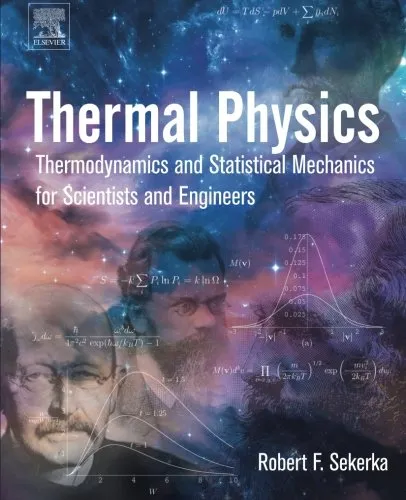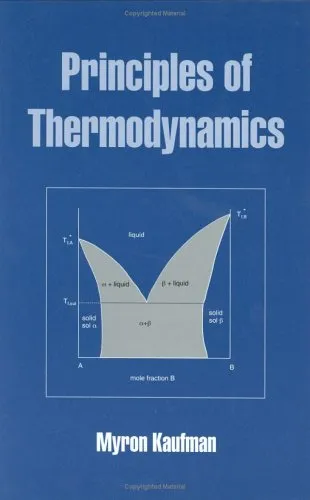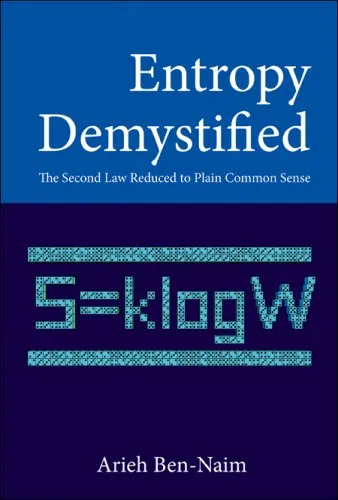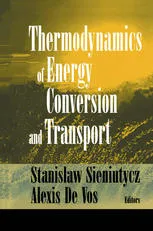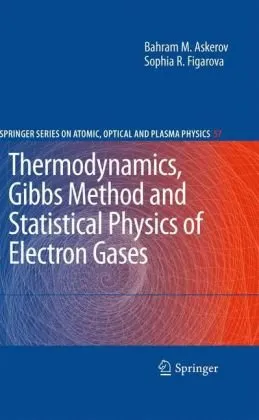Einstein's Fridge - How the Difference Between Hot and Cold Explains the Universe
4.4
Reviews from our users

You Can Ask your questions from this book's AI after Login
Each download or ask from book AI costs 2 points. To earn more free points, please visit the Points Guide Page and complete some valuable actions.Related Refrences:
Introduction to 'Einstein's Fridge'
In "Einstein's Fridge - How the Difference Between Hot and Cold Explains the Universe", Paul Sen takes readers on an engaging journey into the world of thermodynamics and its profound impact on the universe. The book provides an intricate exploration of how the study of heat and cold has shaped our understanding of science, technology, and reality itself.
Detailed Summary of the Book
At its core, "Einstein's Fridge" delves into the principles of thermodynamics, a branch of physics that examines the relationships between heat, work, temperature, and energy. Paul Sen starts by unraveling the historical context, beginning with the steam engines of the Industrial Revolution and leading up to the development of sophisticated scientific concepts that describe the cosmos. The narrative seamlessly weaves together stories of great scientists like Sadi Carnot, James Clerk Maxwell, and Ludwig Boltzmann, each contributing to the foundations of thermodynamics.
As the narrative progresses, Sen elaborates on Einstein's important connection to these principles, specifically focusing on the work of Sadi Carnot and how those ideas influenced Einstein's revolutionary thinking. The text further explores entropy — the measure of disorder in a system — and its implications for understanding time, information, and the fundamental laws that govern the universe.
Through captivating anecdotes and rigorous analysis, Sen illustrates how thermodynamics is not just a scientific curiosity but a key to unveiling the mysteries of the universe. The book is both educational and entertaining, making complex scientific ideas accessible to a broader audience.
Key Takeaways
- The study of thermodynamics has historical roots that significantly influenced the development of modern science and technology.
- Concepts such as entropy and the second law of thermodynamics have profound implications for understanding time and order in the universe.
- Thermodynamics links the microscopic world of particles to the macroscopic experiences of everyday life, demonstrating the interconnectedness of everything in the universe.
- Einstein's work is intricately connected to thermodynamic principles, offering insights into his thought processes and theories.
Famous Quotes from the Book
"The difference between hot and cold is at the heart of understanding the universe."
"In the hidden dance of atoms and energy, lies the story of existence as we know it."
"Thermodynamics is the universal language that tells us how the universe evolved and where it is headed."
Why This Book Matters
"Einstein's Fridge" is a crucial read for anyone interested in the fundamental principles that govern the workings of the universe. By making the complex science of thermodynamics accessible, the book equips readers with the tools to appreciate and understand one of the most fundamental aspects of reality. Whether you're a science enthusiast or a curious reader, Paul Sen's engaging narrative and insightful analysis broaden your understanding of how deeply thermodynamics impacts everything, from the smallest particles to the vast cosmos.
In an age where the intersection of science and life becomes increasingly significant, "Einstein's Fridge" not only educates but inspires readers to delve deeper into the fascinating world of science, illuminating how hot and cold explain much more than temperature—they elucidate the very nature of existence.
Free Direct Download
You Can Download this book after Login
Accessing books through legal platforms and public libraries not only supports the rights of authors and publishers but also contributes to the sustainability of reading culture. Before downloading, please take a moment to consider these options.
Find this book on other platforms:
WorldCat helps you find books in libraries worldwide.
See ratings, reviews, and discussions on Goodreads.
Find and buy rare or used books on AbeBooks.
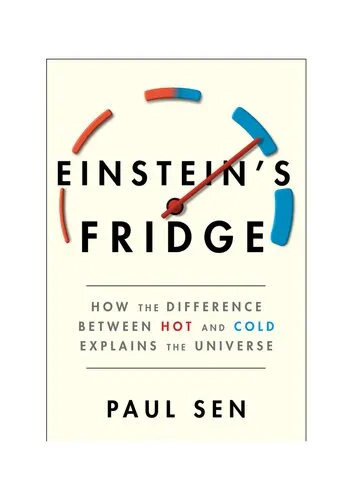
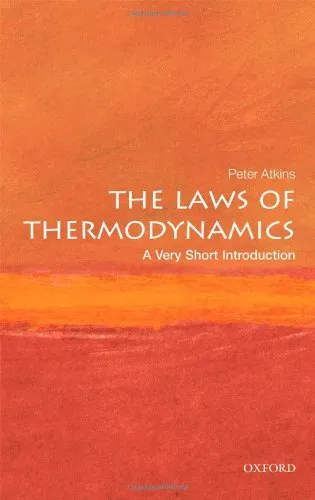
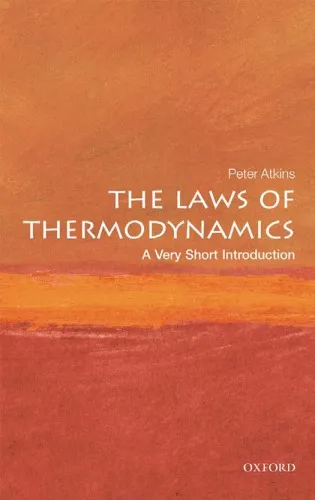
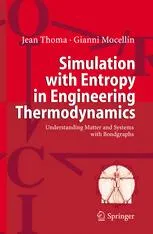
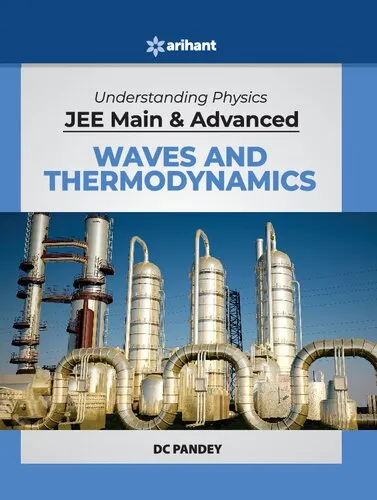
![Concepts in Thermal Physics, Second Edition [2nd Ed] (Instructor Solution Manual, Solutions)](https://s3.refhub.ir/images/thumb/Concepts_in_Thermal_Physics__Second_Edition___16631.webp)

